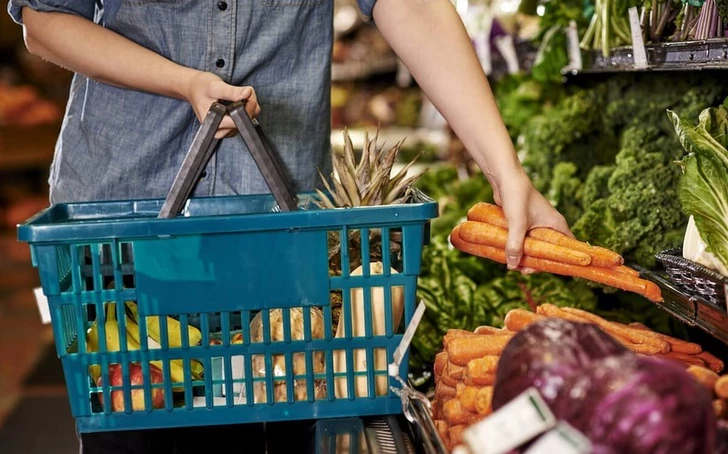Baku, August 2025 — In the first seven months of 2025, Azerbaijani consumers spent a total of AZN 35.1 billion (~$20.6 billion) in retail stores. Of this, AZN 19.3 billion was spent on food, beverages, and tobacco—representing 50.5% of total retail outlays. Non-food purchases accounted for AZN 15.8 billion.
Economic Context & Trends
Slight uptick in food share: In the same period in 2024, food-related retail share stood at around 49.2%. The rise to 50.5% in 2025 signals that food remains the dominant expense for households, even as wages grow.
Inflation gaps persist: As of July 2025, food price inflation measured +6.2% year-on-year, while non-food inflation was lower, at +2.1%. Overall inflation stood at 5.0%, with month-on-month prices decreasing slightly by 0.1%.
Stay Ahead with Azerbaijan.usGet exclusive translations, top stories, and analysis — straight to your inbox.Rising wages but strained budgets: The average nominal wage climbed to AZN 1,097.3 — up 9.4% year-on-year. While wage growth outpaced general inflation, food’s share remained high due to its faster inflation rate.
How Azerbaijan Compares
Regional comparison: Azerbaijan’s food share in retail spending (~50.5%) is considerably higher than regional peers. Kazakhstan’s is around 38%, and Russia’s 32%.
Global context: Advanced economies typically see only 10–15% of household budgets directed toward food. Azerbaijan’s higher figure reflects its developing economy status and the continued weight of basic necessities.
Insights from Experts
Food inflation remains a challenge globally, according to the World Bank. Food prices continue to outpace broader inflation trends, tightening household budgets further.
Rashad Hasanov, economist, emphasized that although minimum wage increases help, Azerbaijan’s base wage level still struggles to meet living costs.
Zohrab Ismayil, economist, described current wage hikes as “insufficient,” especially given that official pricing often matches regional benchmarks while salaries lag behind.
Policy Measures & Social Impact
Social protections expanding: Authorities have widened means-tested subsidies for low-income households to buffer rising living costs.
Agricultural reforms in play: Subsidy mechanisms like the Electronic Agricultural Subsidy System aim to reduce import reliance and enhance food supply resilience.
Minimum wage and pension increases: Policy changes raised the minimum wage to AZN 400 in 2025, along with pension adjustments—improving support for essential spending but not fully offsetting the cost pressures.
Why This Matters
Although wages are rising faster than general inflation, food continues to claim over half of retail spending—restricting household ability to spend on education, healthcare, or leisure. For Azerbaijan to build a more diversified and resilient economy, growth must translate into real purchasing power, not just nominal gains.


